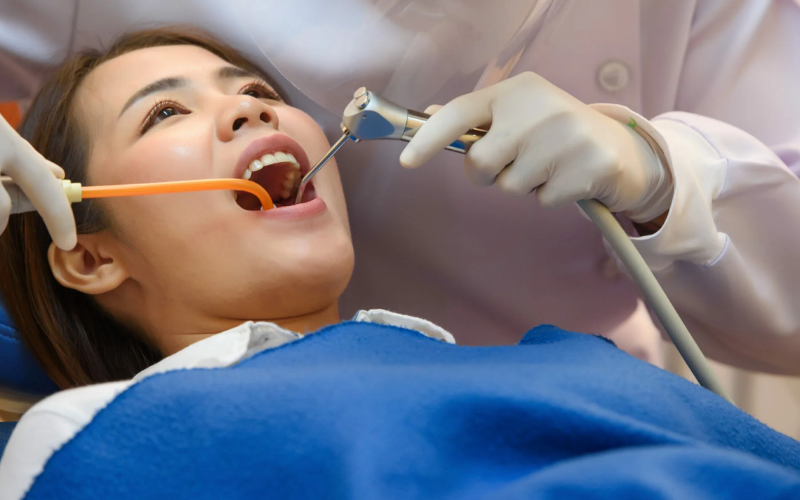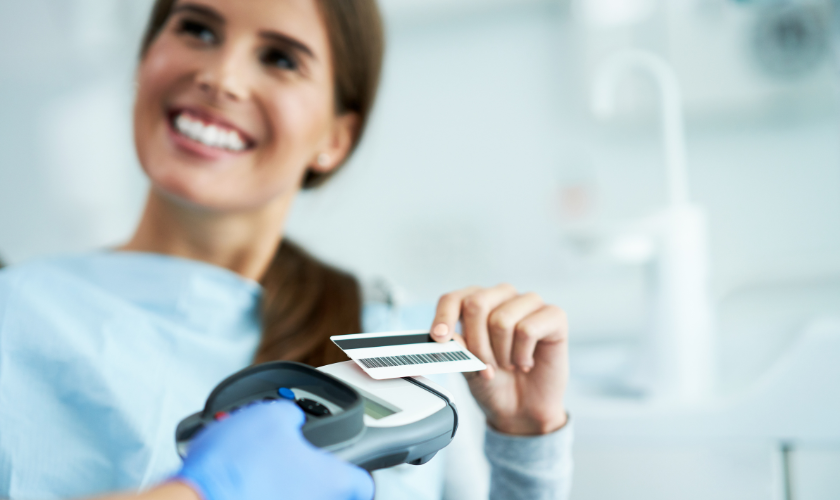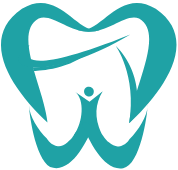How Cleanings And Exams Help You Avoid Tooth Decay

Tooth decay is one of the most common dental problems, yet it is also one of the most preventable. Regular cleanings and exams play a vital role in maintaining your oral health and preventing decay. But how exactly do these routine dental visits help?
This blog will explore the connection between professional cleanings, exams, and the prevention of tooth decay, offering insights into why these appointments are crucial for maintaining a healthy smile.
Importance of Regular Dental Cleanings
Dental cleanings, also known as prophylaxis, entail cleaning your teeth of plaque and tartar. While brushing and flossing at home are essential for daily care, professional cleanings provide a much deeper level of cleaning that you cannot achieve on your own. Here’s how cleanings help in preventing tooth decay:
- Plaque Removal: Bacterial plaque builds up on your teeth and gums. It can become tartar if left unchecked, which can cause gum disease and tooth decay. Specialized instruments will be used by your hygienist or dentist during cleaning to remove plaque, especially from areas that are difficult to reach with a toothbrush or floss.
- Tartar Control: Once tartar forms from plaque, it cannot be removed by brushing or flossing. Dental cleanings involve scaling, a process that removes tartar buildup, preventing it from causing cavities and gum disease.
- Polishing: After removing plaque and tartar, the dentist polishes your teeth. This smooths out the surface of your enamel, making it harder for bacteria to stick to the teeth. This action is essential for keeping a tidy and healthy smile.
- Fluoride Treatment: Many cleanings conclude with a fluoride treatment, which strengthens your enamel and helps to remineralize any weak areas on your teeth, protecting them from future decay.
How Dental Exams Catch Early Signs of Tooth Decay?
Dental exams are another essential part of maintaining oral health. During an exam, your dentist thoroughly checks your teeth, gums, and overall oral condition, looking for any early signs of decay or other issues. Here’s how regular exams contribute to decay prevention:
- Early Detection of Cavities: During an exam, your dentist will use specialized tools and sometimes X-rays to find cavities that the human eye might not be able to see. Early detection allows for minimal intervention, preventing the requirement for more involved procedures like root canals or crowns.
- Identifying Weak Spots in Enamel: Enamel erosion can occur due to acid wear, improper diet, or certain medications. During an exam, your dentist can identify weak spots in your enamel before they develop into cavities. By addressing these weak areas early on, you can avoid tooth decay altogether.
- Evaluating Gum Health: Healthy gums are essential for preventing tooth decay. Your dentist will examine you and look for any indications of gum disease, which is linked to a higher risk for cavities. Addressing gum disease early can prevent further complications.
- Oral Hygiene Guidance: A dental exam is also a great opportunity for you to receive personalized oral hygiene advice. Your dentist can help you improve your brushing and flossing techniques, recommend the best dental products, and advise on dietary choices to reduce your risk of tooth decay.
The Connection Between Oral Hygiene and Tooth Decay
Good oral hygiene habits go hand-in-hand with professional cleanings and exams. Maintaining a proper home care routine between visits helps ensure that your teeth remain healthy and free from decay. Here’s what you should focus on:
- Brushing Twice a Day: The usage of fluoride toothpaste and brushing your teeth at least twice a day will remove plaque and prevent cavities.
- Flossing Daily: Flossing removes food fragments and plaque from between your teeth and along the gumline, areas where a toothbrush can’t reach.
- Using Mouthwash: Antibacterial mouthwash helps reduce the bacteria in your mouth, lowering your risk of decay and gum disease.
- Limiting Sugary Foods and Beverages: Sugary snacks and drinking beverages encourage the oral bacteria that create acids that erode your enamel. Reducing your sugar intake can help prevent cavities.
- Drinking Plenty of Water: Water helps keep your mouth moist and removes germs and food particles from it, which is essential for maintaining a healthy environment for your teeth and gums.
How Often Should You Get Cleanings and Exams?
The American Dental Association recommends visiting the dentist every six months for cleanings and exams. However, according to your circumstances, your dentist could advise more regular visits.
People with a higher risk of tooth decay, such as those with a history of cavities, gum disease, or dry mouth, may benefit from more frequent visits.
The Long-Term Benefits of Regular Cleanings and Exams
In addition to preventing tooth decay, regular cleanings and exams offer several long-term benefits for your overall health and well-being:
- Early Detection of Other Issues
Dental exams can help identify early signs of oral cancer, gum disease, and other conditions that may affect your overall health. Detecting these issues early leads to more effective treatment and better outcomes. - Saving Money on Dental Care
You may avoid dental decay and other issues related to oral health by avoiding more costly treatments like fillings, crowns, or root canals down the road. - Improving Your Confidence
Regular cleanings keep your teeth looking their best, which can boost your confidence and improve your overall quality of life. - Protecting Your Gums
Healthy gums are just as important as healthy teeth. Regular cleanings prevent plaque buildup along the gumline, reducing your risk of gum disease, which can lead to tooth loss if left untreated.
Routine cleanings and exams are essential for maintaining good oral health and preventing tooth decay. These appointments allow your dentist to remove plaque and tartar, detect cavities early, and provide personalized advice on how to improve your oral hygiene.
In short, cleanings and exams are not just about keeping your teeth clean—they are a key part of your preventive care strategy for avoiding tooth decay and maintaining overall oral health. Don’t wait for problems to arise; schedule your next dental visit and stay proactive in protecting your smile.





